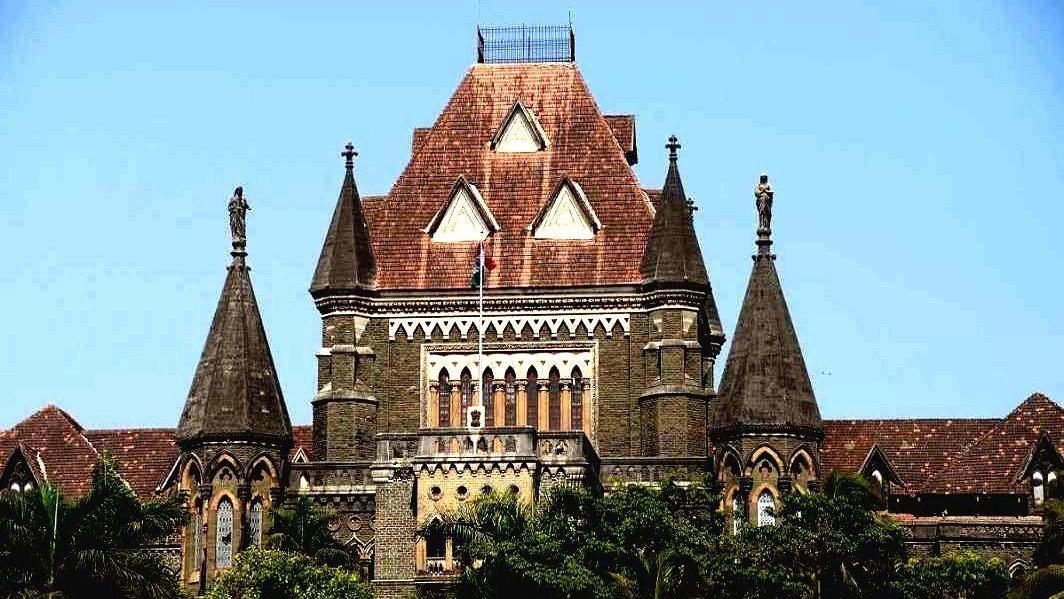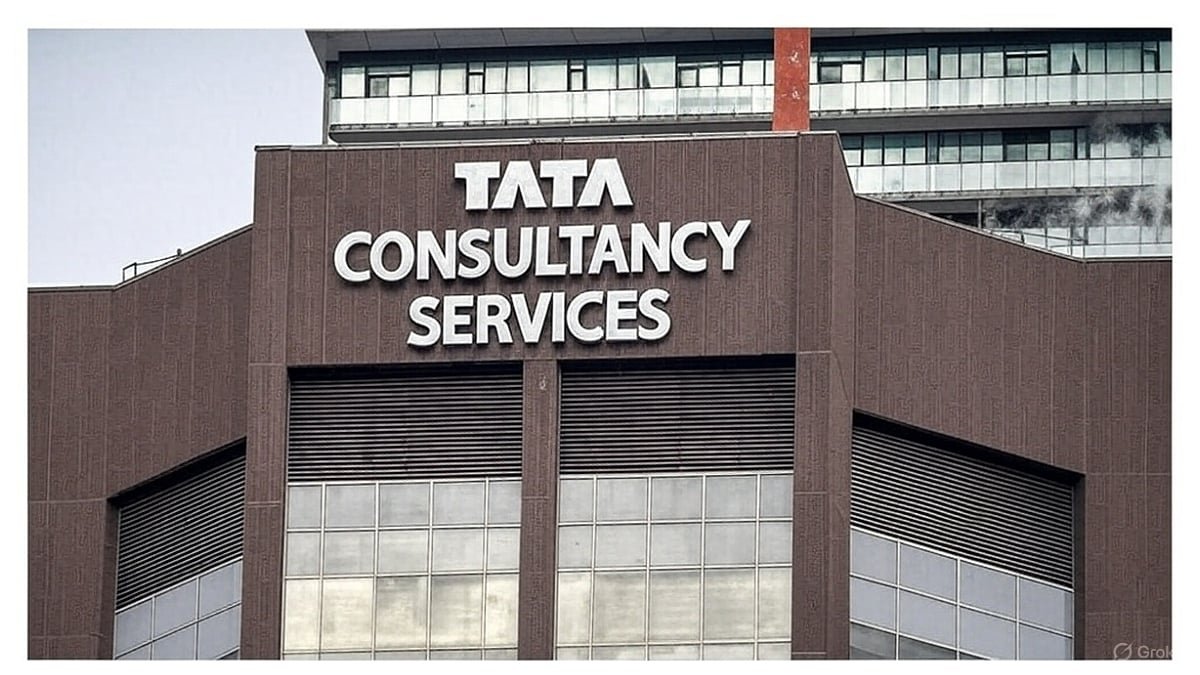Mumbai: The Bombay High Court has quashed a circular issued by the Maharashtra Building and Other Construction Workers’ Welfare Board (MBOCWWB) that suspended various welfare services, including new registrations, renewals, and distribution of benefits to construction workers. The Board had cited the enforcement of the Model Code of Conduct (MCC) for the upcoming Maharashtra Legislative Assembly elections as the reason for halting these services.
A division bench of Justices Arif Doctor and Somsekhar Sundaresan, on Thursday, ordered the immediate resumption of the Board’s welfare schemes under the Building and Other Construction Workers (Regulation of Employment and Conditions of Service) Act, 1996.
The HC was hearing a batch of petitions by eight labour associations, though advocate Sudha Bhardwaj, challenging the suspension of services.
In a detailed order, the court clarified that the MCC does not interfere with ongoing statutory schemes under the 1996 Act, which is designed to protect the welfare of laborers. “We are left in no manner of doubt that there is nothing in the MCC that would interfere with conduct of ongoing statutory activity administering the provisions of the Act of 1996 and the schemes made thereunder,” the HC said.
The bench emphasized that the Act is crucial for unorganized construction workers, providing benefits like life and disability insurance under schemes such as the Pradhan Mantri Jeevan Jyoti Bima Yojana and Pradhan Mantri Suraksha Bima Yojana, along with health, maternity, education, housing allowances, and potential pension plans.
The judges noted that the MCC aims to prevent political misuse of power to sway voters but does not mandate suspending existing statutory schemes. They remarked, “The right to register in order to avail of benefits under the schemes made under the Act is a statutory right conferred by Parliament. Such right cannot be suspended in the name of elections.”
Further, the bench highlighted that while the MCC restricts the announcement of new projects and discretionary payments post-election announcements, it does not halt the administration of ongoing schemes. The judges underscored, “What the MCC stipulates is that the implementation of such schemes must be done by civil authorities without associating political functionaries and without any fanfare or ceremonies.”
The High Court thus concluded that suspending worker registrations and renewals under the pretext of the MCC was unjustified. They ordered the resumption of these essential services, emphasising that the process of registration must be ongoing year-round to comply with the legislative mandate.




